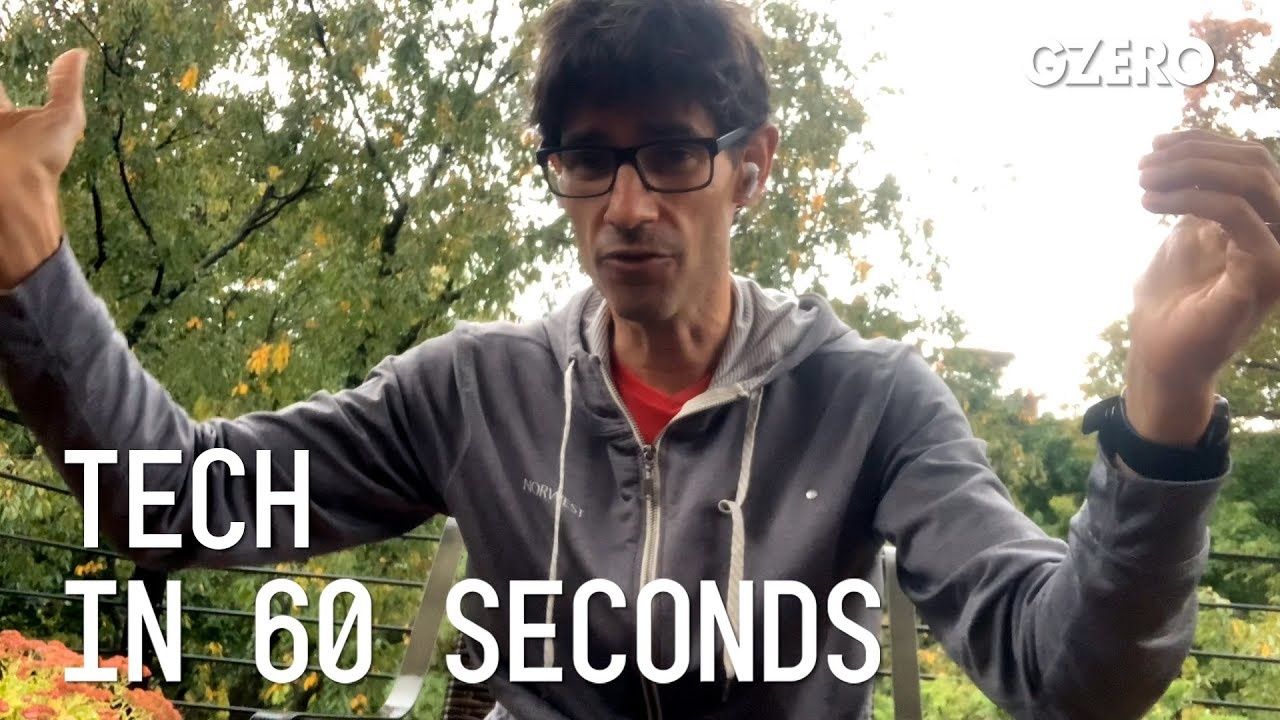
Nicholas Thompson, editor-in-chief of WIRED, shares his perspective on technology news in Tech In (a little over) 60 Seconds:
What is the deal with Twitter and Facebook censoring a New York Post story on Hunter Biden?
The New York Post ran a story on Hunter Biden. It may have been entirely false. It may have been hacked. Both of those things are problems. But the complicated thing is when the story ran, nobody at Facebook and nobody at Twitter knew whether it was false or whether it had been hacked. The two companies responded in different ways. Facebook said, we're just going to down-rank it. Twitter initially said, "we just won't let it be shared." Twitter then backtracked. Basically, there is a really hard problem of what you do with false information and what you do with hacked information. Neither company has totally clear policies and both got caught in the slipstream.
Was the censoring of the New York Post story the catalyst for the FCC's public statements to rewrite Section 230?
Yes, absolutely. So Section 230 is the very important Internet law that allows the tech companies to filter content on their platforms. It essentially says, hey, if you run a platform, whether it's Facebook, Twitter or a Web site comments, you are not responsible for comments and for content that other people post there. And not only that, you have the ability to within certain limits, censor, change, edit the content out there without becoming a publisher and becoming liable. So that is partly what has allowed the tech companies to do what they do. It's allowed them to thrive and it's also allowed them to have policies policing misinformation or false statements on their platforms. So, Donald Trump got very mad at it, and so Ajit Pai, the head of the FCC, said, "hey, we're going to look at Section 230 and interpret it." In my opinion, that's garbage. Section 230 may be a bad law. It may be bad that the tech companies filter content on their platforms, whatever. I don't see how the FCC has the authority to deal with that. It is a law that gets interpreted by the courts. So, Congress can change the law, or the courts can change the interpretation of the law. I don't see why the FCC has authority, but who knows? It's just my guess, Ajit Pai is trying to please Donald Trump.